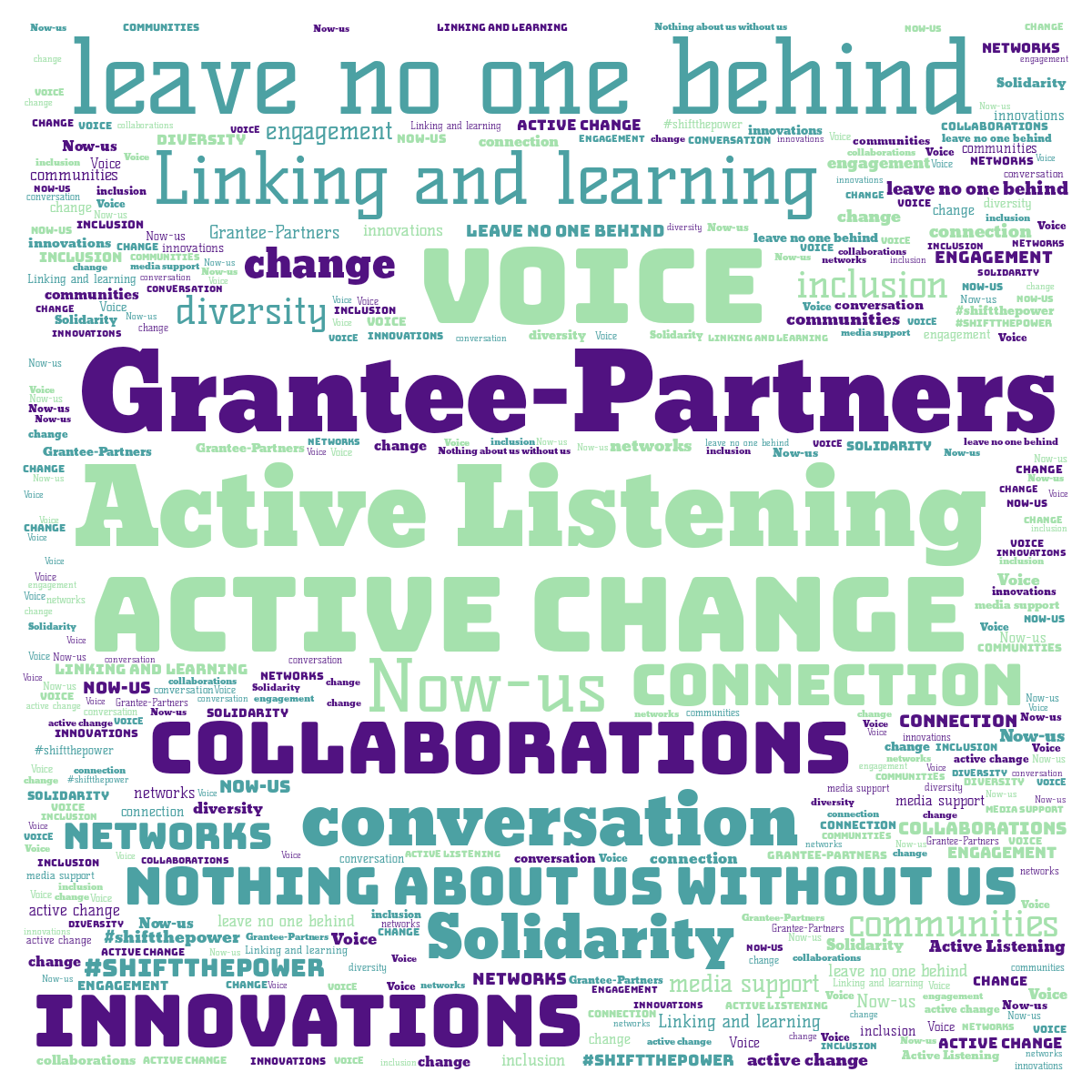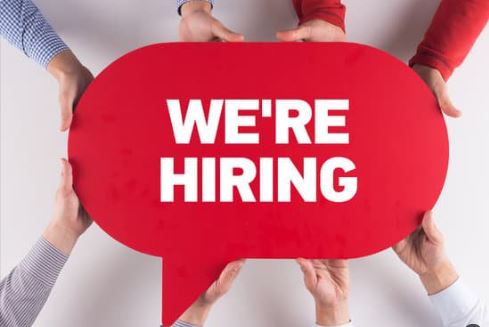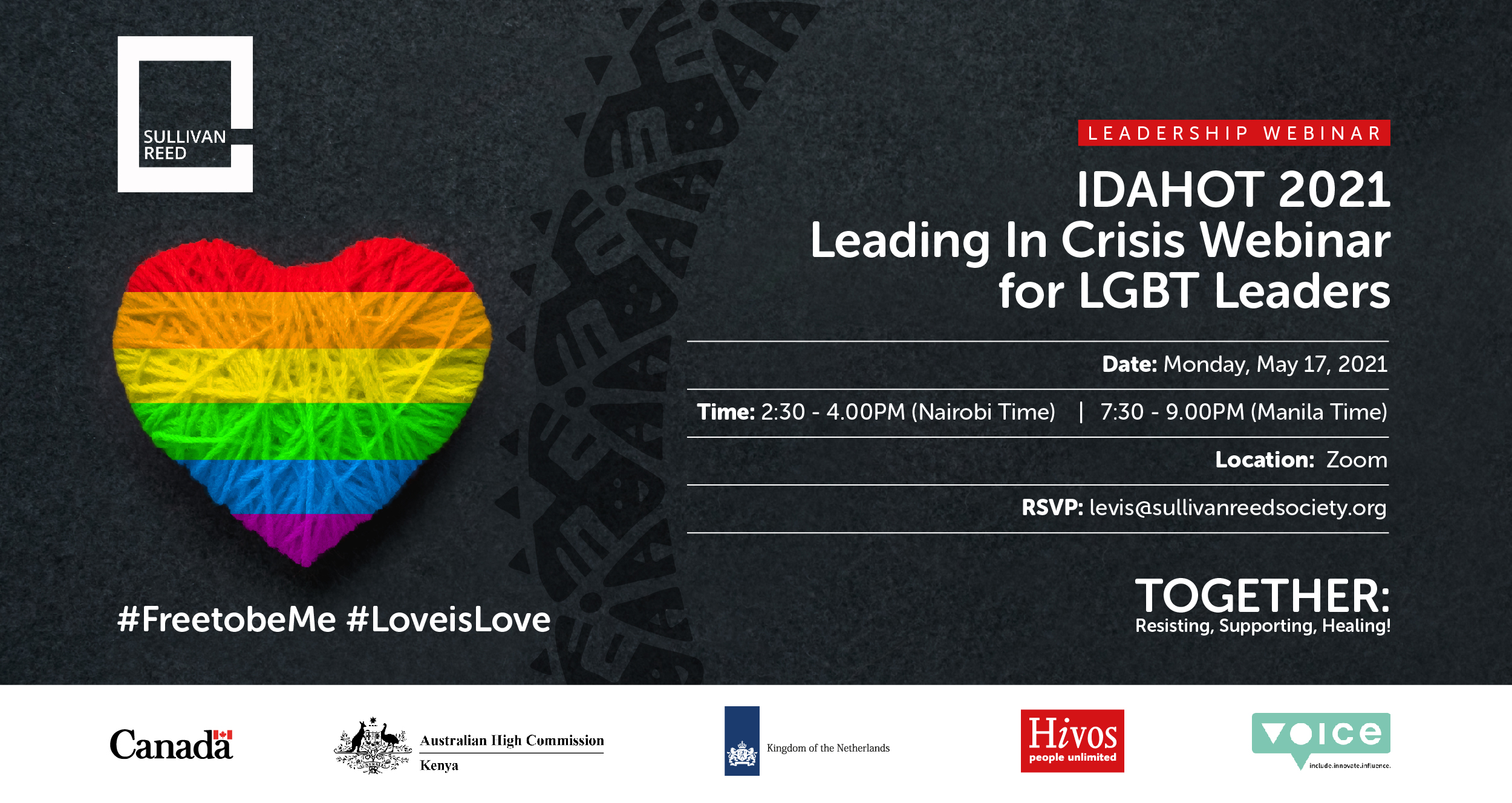Unscripted musings in grant-making
A travelogue by Ruth Kimani and Sheila Mulli
The last two years have seen a conscious awakening of players in the development space. Are we doing it right? Conversations around flexible funding and trust-based grant making are among some of the hard questions we have asked ourselves as grant makers.
As we sat at a café in Abuja, Nigeria, sipping coffee preparing for a grantee-partner meeting, we realized we had more questions than answers and in the spirit of accountability and transparency, share some of those musings.
Meaningful engagement requires constant self-examination and deep reflection into our own realities. Such examination and reflection explores the work we are engaged in and involves asking tough questions.
In the development sector, we have a history of jumping to conclusions instead of asking more questions. The unfortunate effect of not asking enough questions is poor decision-making and assuming that we know what is needed for societies to thrive.
The first provocation is around demystifying the problematic term ‘rightsholders’. In the spirit of oneness and contributing to just and fair societies, aren’t we all rightsholders? While each rightsholder’s journey is unique, we are all journeying together and finding ways to enjoy prosperity.
If we are dedicated to co-creating solutions, then we should begin to explore conversation around local ownership. This is conversation that strives to end the unconscious bias that uses the term rightsholder to relegate communities to the bottom of the pyramid and further exclude them from co-creating solutions to some of the most pressing issues.
Is local ownership an elusive dream?
Why is local ownership important? Does local-ownership need nurturing or can it happen organically? We unpack this further.
Historically human beings have organised themselves into groups and communities based on a shared identity. Such identity is forged in response to a variety of human needs: economic, political, religious, and social. As group identities grow stronger, those who hold them organise into communities, articulate shared values and build governance structures that reflect their beliefs.
As far back as we can remember, there has been an urgent call for peoples’ participation in their own development. Whether as rhetoric or honest policy, this criterion has become part of the vocabulary of development thinking. There are a growing number of non-governmental organisations that have taken it upon themselves to organise and conscienticize communities in such a manner that rightsholders’ participation can be a truly meaningful concept.
The concept of community organising from the development perspective takes as its basic premise. This is the realisation that the will to participate and to get involved must be developed.
Voice’s ideal dream is to engage communities with respect, and appreciation while recognising their innate capacity to organise and make a difference.
With this thinking comes the hard questions, have we then monetised problems and ‘ NGO’ised ‘ solutions? Has development aid disrupted this sense of community with a set of rules that has promoted competition for resources?
CSOs play a crucial part in development by empowering citizens so that they can have more influence in open governance. Operating at the interface of state, citizens and markets, CSOs build stable agencies pushing for social justice. However in recent years, the shrinking civic space is threatening their very existence.
It was on this premise that Voice was birthed. To ‘radicalise’ traditional grant-making that creates meaningful change and build stronger citizen agency.
The Voice grant facility is designed to support informal groups as well as formal organistions and networks, where at a minimum, an applicant must be a legal entity with a bank account in its name. In instances where applicants are unable to meet these criteria, Voice has used fiscal hosting relationships to direct funds to informal groups.
Question on Proximate leadership
Grants have been the main mechanism by which Voice supports rightsholder groups. Grant allocation is decentralised to country offices to mobilise local knowledge in selecting grantees. Through country-led context analyses and development of calls for proposals, we have been able to ensure that the grants respond to specificities of rightsholders needs and/ or current political, social or legal developments.
In keeping the promise of co-creating solutions and promoting more rightsholder participation, Voice emphasises granting to rightsholder-led initiatives. However, it has been difficult to identify organisations that can do influencing activities at national or regional level that are rightsholder-led. This is mostly due to restricted access to resources and spaces to participate, where sadly, most interventions are implemented on behalf of the groups. We encourage meaningful co-creation in collectively solving problems and exploiting opportunities.
We also recognise that trust and empathy in grant making embedded with transparency and accountability is a tricky balance. While the systems within the two institutions, Hivos and Oxfam, provide a strong basis for the accountability and transparency necessary in fund and grant management, they also require immense human resources to adhere to. Mainstreaming procedures to accommodate informal groups has been the greatest challenge.
Internal systems and ways of working have however evolved, informed by continuous learning with Voice stakeholders. Learning has shown the value of diversification in our approaches and responses, to be able to engage with Voice rightsholder groups meaningfully within the different contexts. These processes have indeed helped uncover underlying motivation and drivers by listening to rightsholders not only to what they are saying but being aware of what remains unsaid. We are getting closer to realising the dream of ‘leaving no one behind.’
This last thought lingered in our minds for a while…
How about Voice as a brand? A locally owned brand where programme decisions are made by rightsholders? Can we build this brand without a script through co-creating and innovating solutions together?








